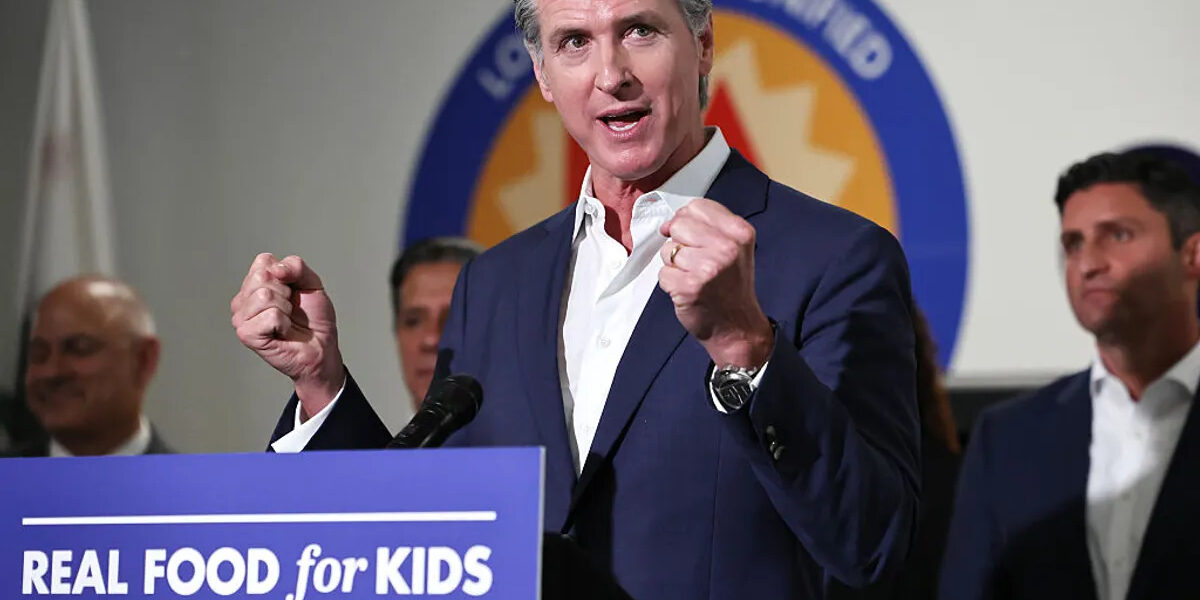California has become the first U.S. state to ban ultraprocessed foods in school meals, a move that could serve as a model for other states seeking similar reforms. Over 20 states—including West Virginia, Florida, and Utah—have already passed or proposed legislation targeting dyes, additives, and other ingredients commonly found in processed foods as part of the bipartisan “Make America Healthy Again” movement.
“California has taken a historic step toward protecting our children from harmful ultra-processed foods and chemical additives,” said Assemblymember Jesse Gabriel, who sponsored the bill. “While Washington DC is paralyzed by inaction, California is once again leading the nation with a commonsense, science-based approach.”
The new law prioritizes whole foods in school meals. Elementary schools will now be limited to offering fruit, vegetables, dairy, protein, or whole grain-rich snacks, while ultraprocessed items are prohibited.
Ultraprocessed foods are typically industrially manufactured products containing additives to enhance flavor, texture, or shelf life. They make up more than half of the calories in the average American diet and account for 62% of calories consumed by children.
Health experts, including Robert F. Kennedy Jr., have labeled ultraprocessed foods as “poison,” linking them to chronic illnesses such as Type 2 diabetes, obesity, and heart disease. The FDA is currently working on a formal definition of ultraprocessed foods, which could pave the way for future nationwide regulation.
Not all ultraprocessed foods are considered unhealthy, however. Items such as whole grain bread, yogurt, tofu, and infant formula may be classified as ultraprocessed due to additives like thickeners or stabilizers. Packaged gluten-free and vegetarian products often fall under the same classification, according to Debra Topham, owner of food compliance firm Knowledge Bank.
Implementing the ban may require schools to upgrade kitchens and refrigeration, potentially raising food costs, Topham noted.
Health and nutrition advocates praised the legislation. Bernadette Del Chiaro, senior VP of the Environmental Working Group’s California office, said, “Processed foods can have a place in a healthy diet, but Americans—especially children—consume too many ultra-processed foods, contributing to higher rates of cancer, heart disease, and diabetes. This law helps ensure children have access to healthier options.”
This groundbreaking policy marks a significant step in California’s efforts to improve child nutrition and reduce reliance on highly processed foods in schools.
